France’s President Macron has raised hackles time and again with his interventions on Russia’s aggression against Ukraine. For all his grandstanding bombast though, he has often raised the policy dilemmas that the West really ought to be discussing. Most recently, he warned, while returning from the Munich Security Conference, that active efforts to topple Vladimir Putin would be a mistake, because someone more dangerous would succeed him.
Discussions about Russia’s future after Putin – and the advisability of outright seeking to unseat him – are in many ways a touchstone about attitudes towards Russia. For those who believe that, because they are not resisting, the majority of Russians are actively supportive of the war and all its attendant atrocities, it is logical to conclude that any successor would at least be as bad. (That nevertheless sidesteps the question of whether North Koreans, because they are not rioting, are keen on starving.) For them, the problem is a deep-seated and ruthless imperialistic streak within Russian culture, and any new leader would necessarily embody it. Indeed, this successor might well have a vigour and strategic vision that outstrips the rather limited, septuagenarian incumbent of the Kremlin.
Discussions about Russia’s future after Putin are in many ways a touchstone about attitudes towards Russia
To this end, Macron rhetorically asked whether ‘we seriously think that a democratic solution will emerge from Russian civil society… after these years of hardening [of regime policy] and in the middle of a conflict? I strongly hope for it but I do not really believe so. And all the other options to Vladimir Putin in the heart of the current system seem worse’.
Quite which ‘other options’ Macron had in mind was unclear. There is fanciful speculation about unsavoury bugbears such as Yevgeny Prigozhin, the thuggish manager of the Wagner mercenary force, or Ramzan Kadyrov, the murderous dictator of Chechnya, but they have no real constituency in Moscow and no chance of succeeding Putin.
In any case, Macron was probably not making as belligerent a case as might seem. His key argument at Munich was that the war will ultimately need to be resolved through negotiation because ‘neither side can win entirely’ and that he opposed the view of ‘some people… that Russia should be totally undone, attacked on its own soil’. He warned that while these unnamed hawks ‘want above all to crush Russia’, this ‘has never been France’s position and never will be’.
This was likely a warning shot to the Baltic States and Poland, banner-bearers for a more maximalist position on quite what ‘victory’ might mean. Macron argued that while Kyiv rightly needs the return of its occupied territories, its long-term security depends on some kind of arrangement that does not leave a bitter and resentful Russia hungrily plotting a rematch or, at the very least doing everything it can to subvert and disrupt its neighbour.
The West has, after all, continued to defer the crucial discussion on how the war ends and what follows, to a large degree precisely because of the sharp divisions within its ranks. At one end, there are those who believe Ukraine and Europe cannot be secure without a Russia that has been humbled, maybe even broken up, and its leaders standing trial for their undoubted war crimes in The Hague. For those who support this view, ‘decolonisation’ has become a handy euphemism for an enforced and essentially imperialist partition of the country. Just how any of this could be accomplished without a full-scale war on Russia is left unclear.
At the other extreme are those countries who, frankly, just wish the whole war would go away, and would be happy even for an ugly peace that partly rewarded Moscow’s aggression, if it allowed them to stop having to continue to subsidise the conflict. The longer the West dodges the issue and hides behind the well-meaning mantra that the war ends when Ukraine says so, which is widely accepted to largely be a way to avoid the debate, then the sharper and more potentially disruptive it will be.
Macron warned against any policy of regime change, noting just how disastrous this has been in the past. It is certainly hard to imagine anything that would be more likely to unite and galvanise Russians against the West. In the process, it would ruin any chances that this war will actually lead to a different Russia. There is, to be sure, a thick vein of imperialism in Russian culture. Yet there is also a clear lack of enthusiasm for Putin’s latest adventure, and the chance that defeat in Ukraine could help force Russians to come to terms with their new, less exalted place in the world, which would be broadly comparable to the effect of the Suez debacle on the UK.
Left to its own devices, a post-defeat Russia is more likely to generate a new leader who is a pragmatist: not a democrat, but not a militarist imperialist, either. Macron is right that the West could yet derail any hopes of a more positive transition if it is not careful.
Got something to add? Join the discussion and comment below.
Get 10 issues for just $10
Subscribe to The Spectator Australia today for the next 10 magazine issues, plus full online access, for just $10.

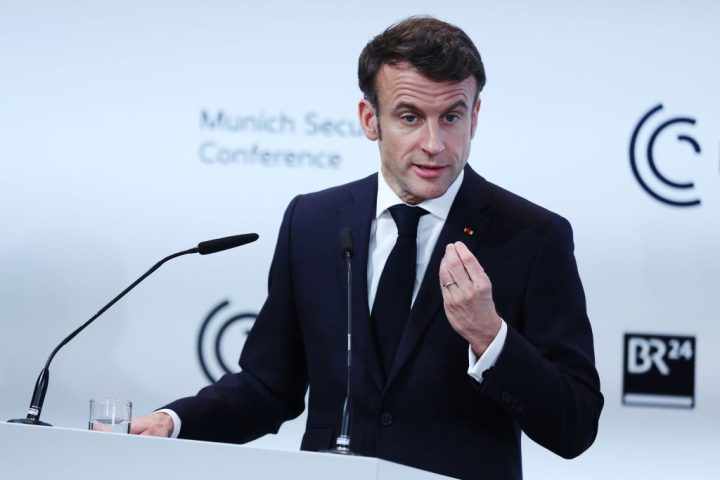
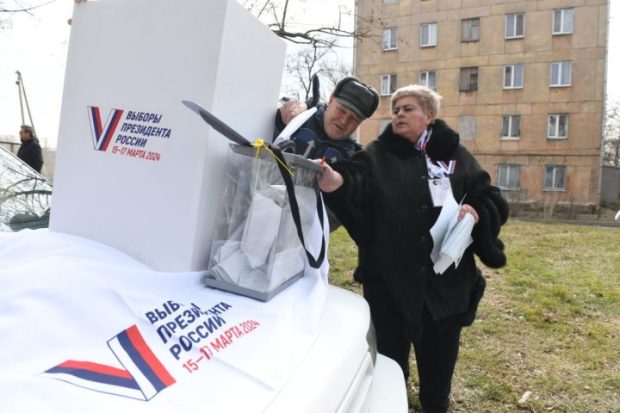
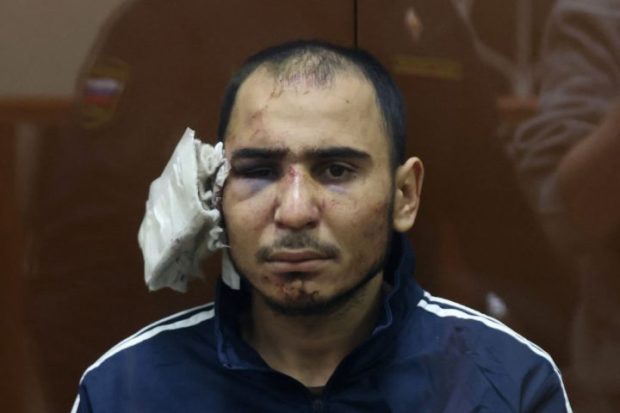

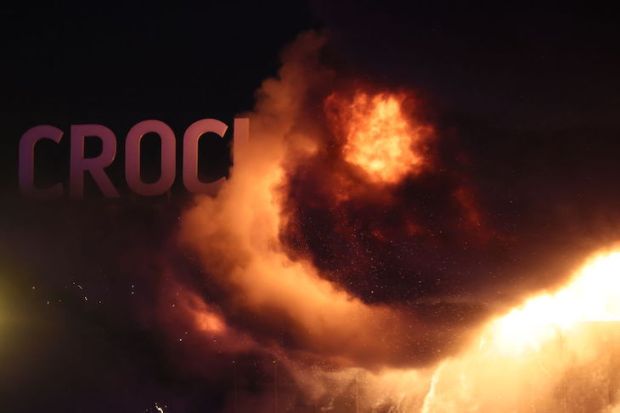
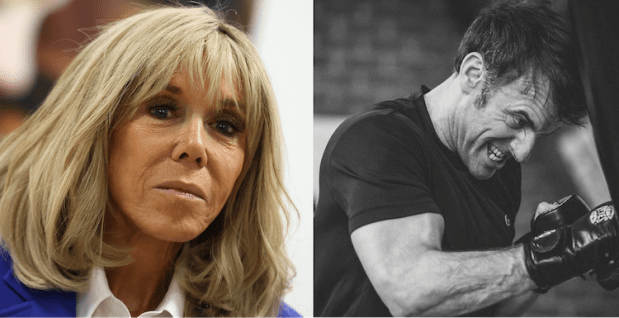
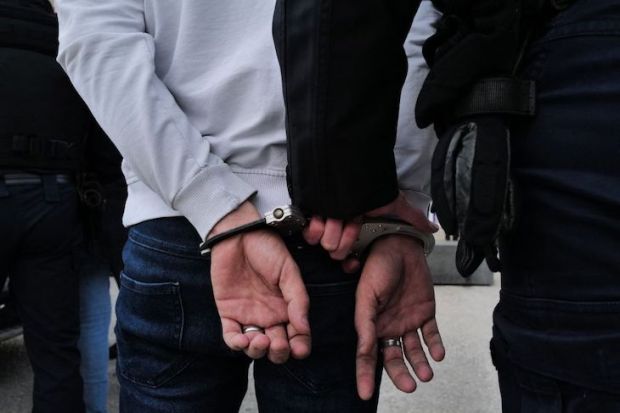












Comments
Don't miss out
Join the conversation with other Spectator Australia readers. Subscribe to leave a comment.
SUBSCRIBEAlready a subscriber? Log in